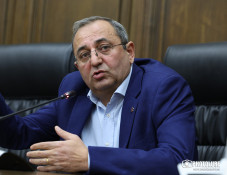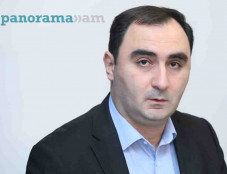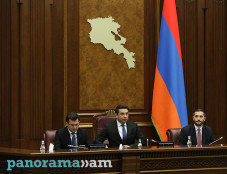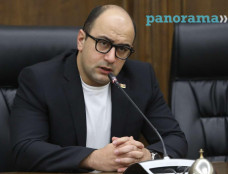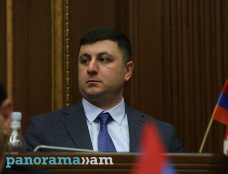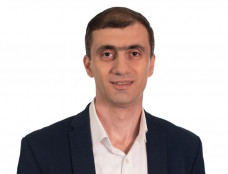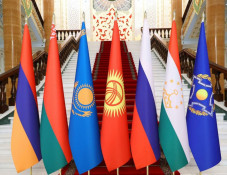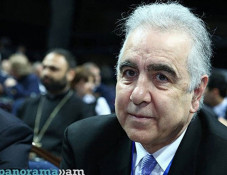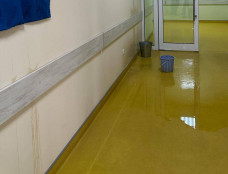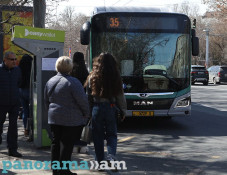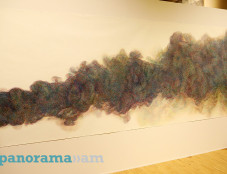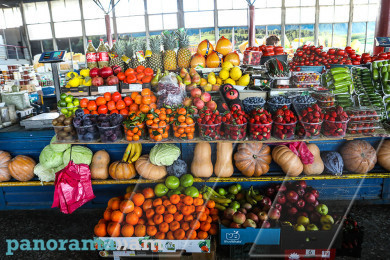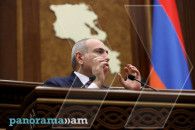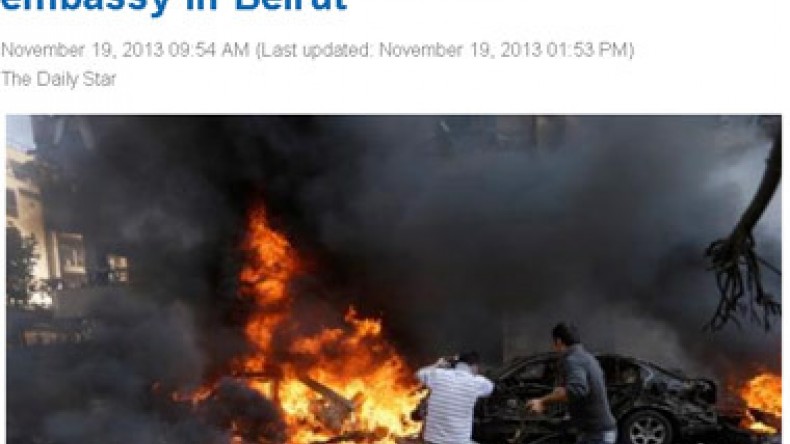
Suicide bombers kill 25 near Iran embassy in Beirut
Two suicide bombers – one driving a rigged car and the other on a moped with an explosives belt – attacked the Iranian Embassy in Beirut Tuesday, killing at least 25 people and wounding more than 150, security sources said. An Al-Qaeda-linked group claimed responsibility for the attack, The Daily Star reported.
A senior source said CCTV footage showed the first suicide bomber, who was on a moped wearing an explosive belt, rushed toward the entrance of the embassy in the predominantly Shiite neighborhood of Bir Hasan in Beirut and blew himself up just before 10 a.m.
Two minutes later a second bomber, who was driving an explosive-laden Sports Utility Vehicle, detonated the vehicle some 50 meters from the embassy compound, the source added.
Military Prosecutor Saqr Saqr confirmed the attacks were the work of two suicide bombers.
The security sources said among the victims were Sheikh Ibrahim Ansari, the embassy’s cultural attaché, an Iranian civilian and a Lebanese who was employed at the embassy.
Five Iranians, including embassy guards and a nurse were also wounded in the bombings, according to the sources who spoke to The Daily Star on condition of anonymity.
The Abdullah Azzam brigades, a Lebanon-based Al-Qaeda affiliate, claimed responsibility for the attack, according to the Twitter page of a cleric linked to the group, Reuters news agency said.
"The Abdullah Azzam brigades – the Hussein bin Ali cells – may they please God – are behind the attack on the Iranian embassy in Beirut," Sheikh Sirajeddine Zuraiqat, the group's religious guide, posted on Twitter.
Iranian Ambassador to Lebanon Ghazanfar Roknabadi, speaking hours after the explosions, said his embassy was the target of a “terrorist attack” and blamed Israel, Iran’s long-time foe.
Lebanon, polarized over the war in Syria, has seen a string of deadly car bombings in recent months, all widely seen as linked to crisis in its war-torn neighbor. On two separate occasions, car bombs have targeted the southern suburbs of Beirut, a stronghold of Iranian-backed Hezbollah.
In May Hezbollah acknowledged it was fighting alongside forces loyal to President Bashar Assad. Last week, Hezbollah Chief Sayyed Hasan Nasrallah reiterated his party’s policy in Syria and said his fighters would carry on their campaign as long as necessary.
Newsfeed
Videos





